Over a dozen hurt in Lebanon clashes as unrest lurks amid US sanctions
More than a dozen people have sustained injuries as clashes broke out between Lebanese security forces and protesters in the capital Beirut and two major cities against deteriorating economic and living conditions.
The clashes on Saturday came as the national currency plunged to a new record low on the black market against the United States dollar.
Dozens of angry Lebanese took to the streets of the northern coastal city of Tripoli to denounce the Lebanese pound depreciation and “difficult living conditions”, the official National News Agency (NNA) reported.
Some protesters managed to break through the gates of a branch of the central bank and enter the courtyard, the report added. Army forces, however, managed to prevent them from reaching the building.
Demonstrators also set fire to the entrance of a government office, AFP news agency reported.
Others were seen trying to break into the homes of two lawmakers, but were stopped by security forces.
Arabic-language Lebanon 24 news website reported that while army troops were fortifying their positions in Tripoli, several unknown individuals threw a grenade at government forces stationed in front of al-Tal police station in the city.
The grenade reportedly wounded a Lebanese officer and a member of the General Security Directorate.
Five Lebanese soldiers and a member of the Lebanese Internal Security Forces were also injured in Tripoli riots.
The casualties were not limited to Lebanese intelligence and security forces. Five protesters were also injured in the clashes, some of whom were taken to hospital to receive medical treatment.
Elsewhere in the southern city of Sidon, protesters tried to storm another branch of the central bank but were pushed back by security forces.
Scattered protests also took place in Beirut, where a small number of protesters took to the streets and burned tires.
The Lebanese pound plunged to a new record low again on Saturday afternoon, trading at LL17,950 to the dollar on the black market, English-language newspaper the Daily Star reported.
The national currency has now lost more than 90 percent of its value since October 2019 as the Lebanese economy crumbles under the weight of sanctions.
The crisis has worsened in recent weeks with the central bank cutting back on financing imports with subsidized dollars.
Lebanon’s economic and financial crisis is the gravest threat to the country’s stability since the 15-year civil war ended in 1990.
The crisis is mostly linked to the sanctions that the United States and its allies have imposed on Lebanon as well as foreign intervention in the Arab nation’s domestic affairs.
Sanctions have arguably become the US’ weapon of choice to combat its rivals and Lebanon is on the front line of the growing financial war waged by the US.
Over 250 of Washington’s sanction targets are in Lebanon or related to the country. This number has been growing quickly, all while US sanctions continue to snowball in neighboring Syria and the region.
According to Hicham Safieddine, a lecturer on the history of the modern Middle East at King’s College London, US sanctions involving Lebanon “have seriously undermined the stability of the banking sector by creating a chilling effect, and reduced the inflow of foreign capital".
Compounding the woes, Saudi Arabia has imposed its own sanctions, including banning its citizens from traveling to Lebanon where Riyadh-backed elements have been jockeying for position.
Last April, Saudi Arabia announced the suspension of fruit and vegetable imports from Lebanon, claiming shipments were being used for drug smuggling.
Nasser Qandil, editor-in-chief of Lebanon's al-Binaa newspaper, told Press TV at the time that the actual reason behind the prohibition was “political motivation,” saying if Riyadh actually wanted to fight drug trafficking it could easily act through its ambassador in Beirut and contact the relevant Lebanese officials.
Lebanon is still waiting for a new government to be formed nearly a year after prime minister Hassan Diab's cabinet resigned in the wake of a massive explosion at Beirut port on August 4, 2020, which ravaged the heart of residential areas and the city’s vibrant commercial district.
More than 200 people were killed and over 6,000 others injured in the giant blast. Dozens of people are still unaccounted for.
Prime minister-designate Saad al-Hariri and President Michel Aoun have been at loggerheads for months over the makeup of a new cabinet.
Amid the political standoff, occasional unrest marked by attacks on government buildings and torching of banks and financial institutes by certain elements has sparked warnings of the worse to come.
On Friday, Hezbollah chief Sayyed Hassan Nasrallah warned of civil violence.
For weeks worsening fuel shortages on the back of Lebanon’s deepening financial crisis have forced motorists to queue for hours for very little gasoline.
“In all honesty, if you shoot at each other at gas stations, that doesn’t solve the crisis,” Nasrallah said.
Nasrallah repeated pledges to import Iranian fuel should shortages across the country persist, saying that all logistical steps for that possibility were complete.
US ambassador to Lebanon Dorothy Shea immediately reacted to the remarks, telling local broadcaster Al-Jadeed that the idea was not a viable solution to the problem.
The Iranian embassy in Lebanon hit out at the US ambassador, saying she "must not meddle in the friendly ties between the two states and nations of Iran and Lebanon”.
At least 40 Palestinian journalists being held in Israeli prisons: Advocacy group
US delivers more F-35 jets to Israeli regime despite Gaza truce violations
Blair distances himself from Trump’s $1bn ‘Board of Peace’ fee
US Justice Department refuses probe into killing of Minneapolis mother
VIDEO | Israel Gaza ceasefire violations
VIDEO | Gaza Solidarity Forum in Damascus calls for boycott of Israel over Gaza genocide
VIDEO | London memorial event highlights Gaza genocide
VIDEO | Press TV's news headlines


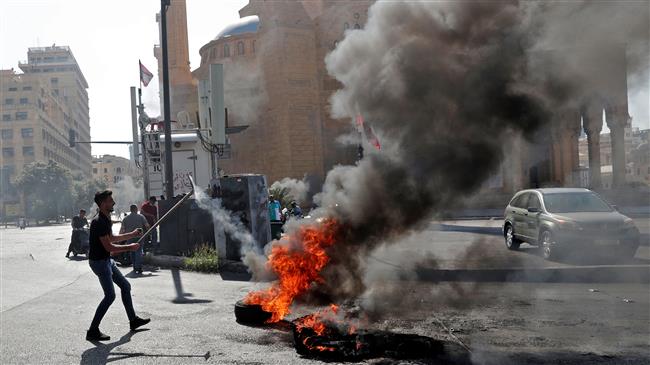
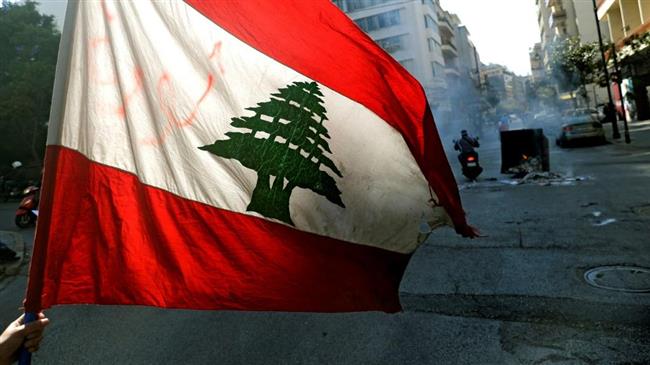
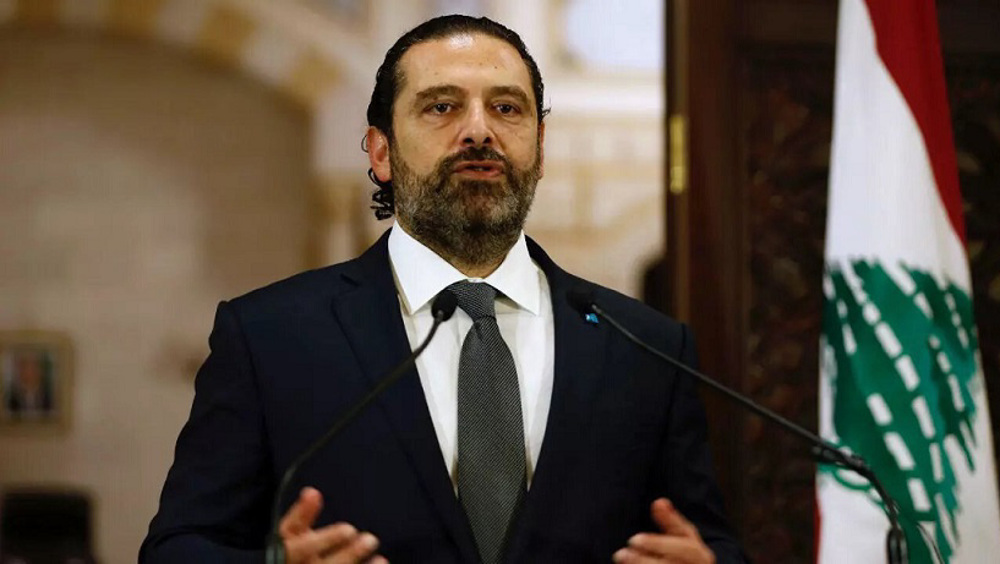
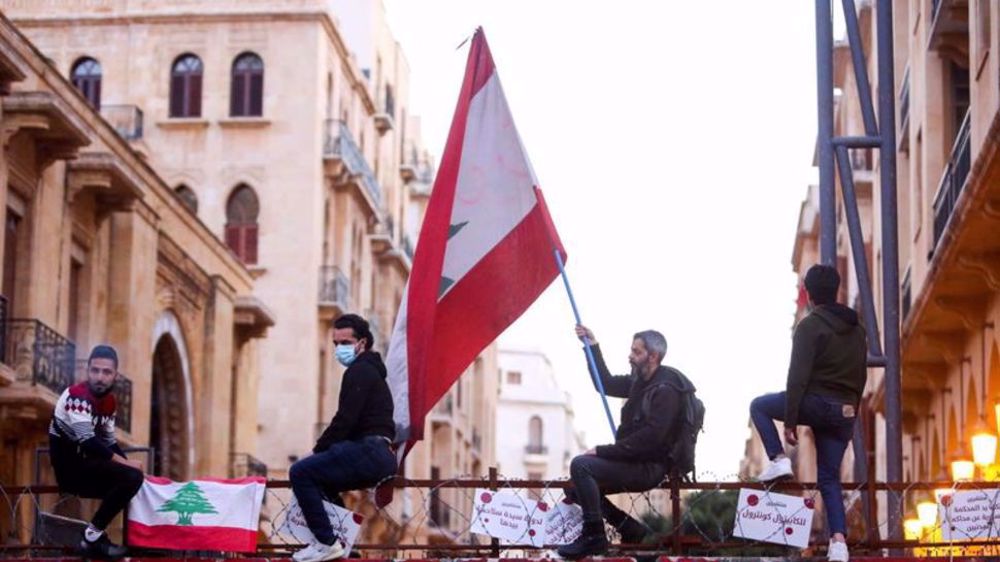
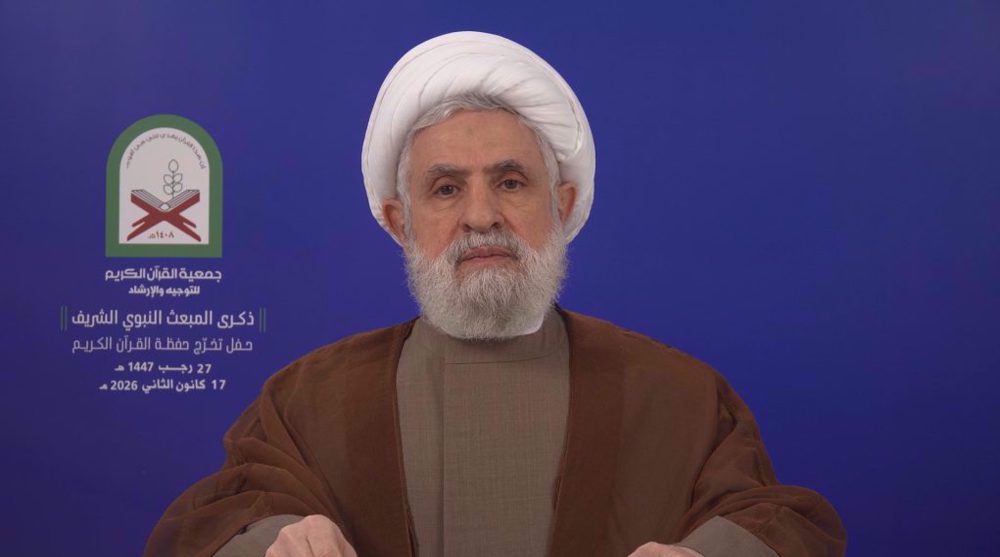
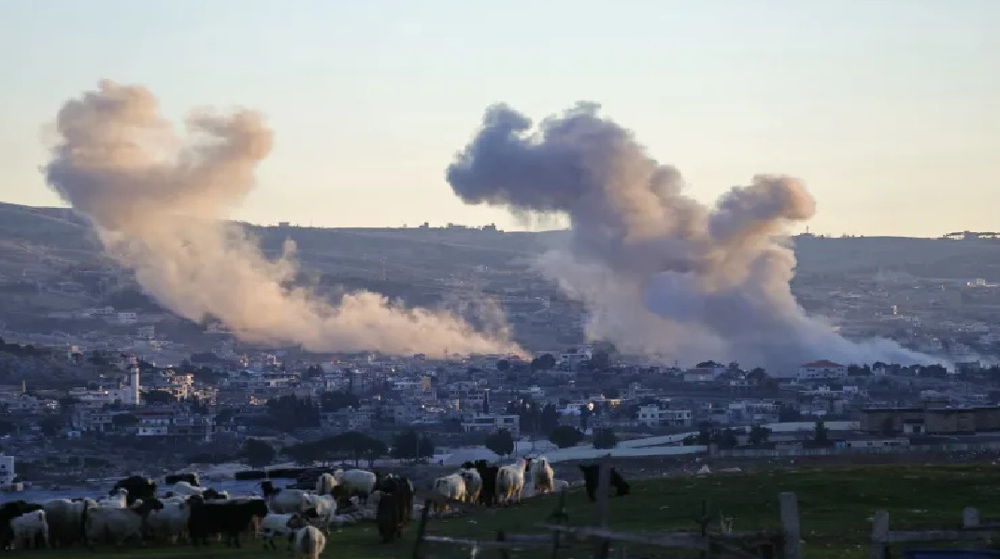
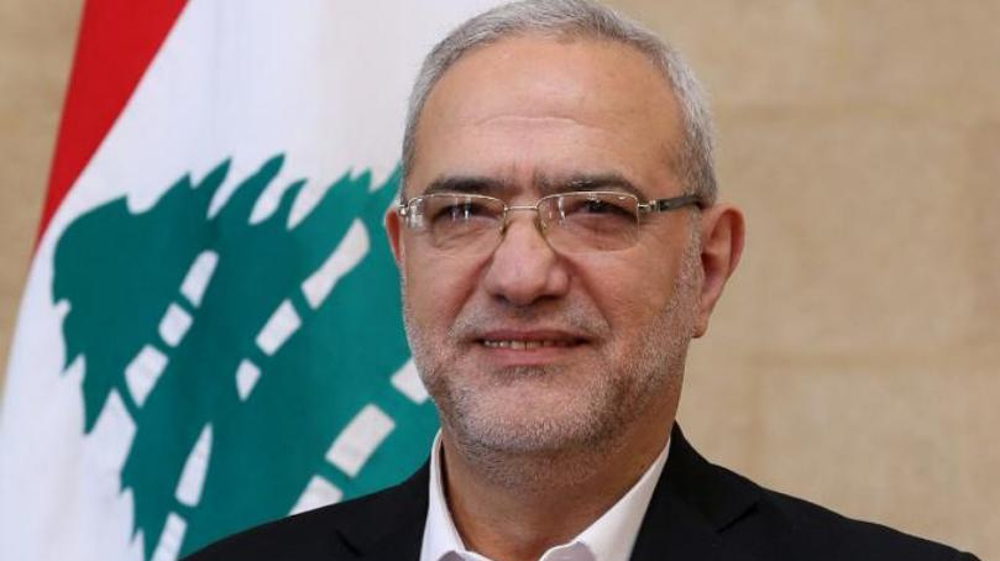



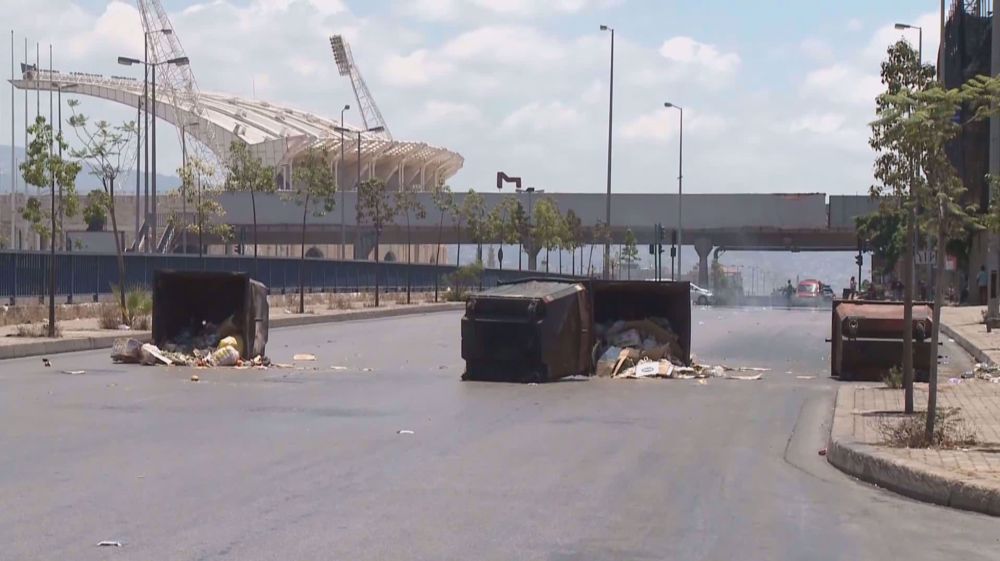
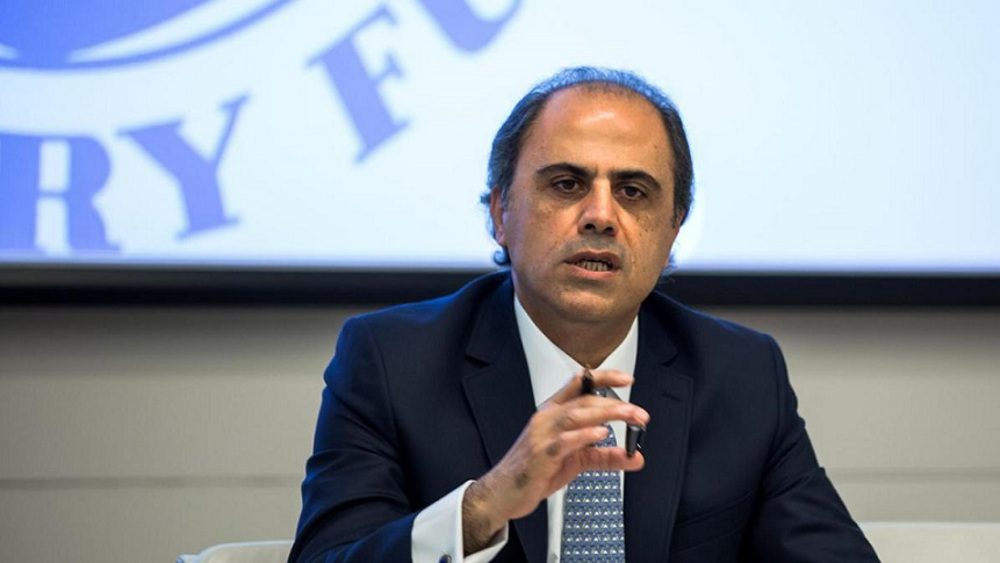
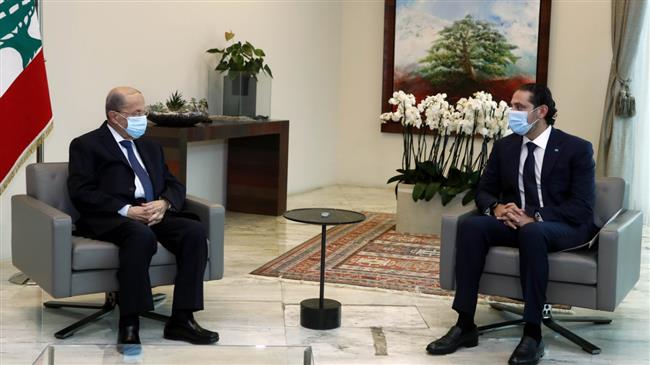
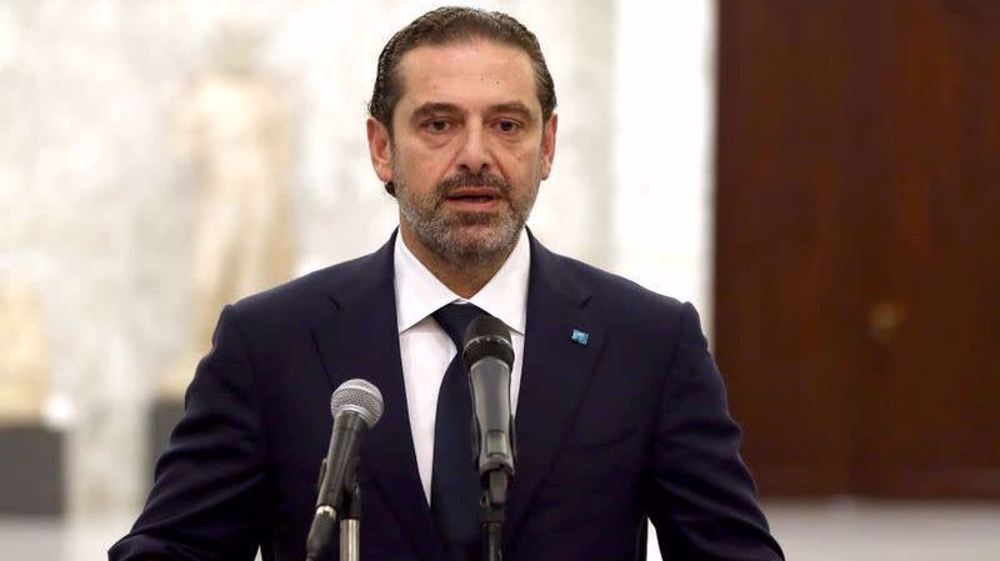
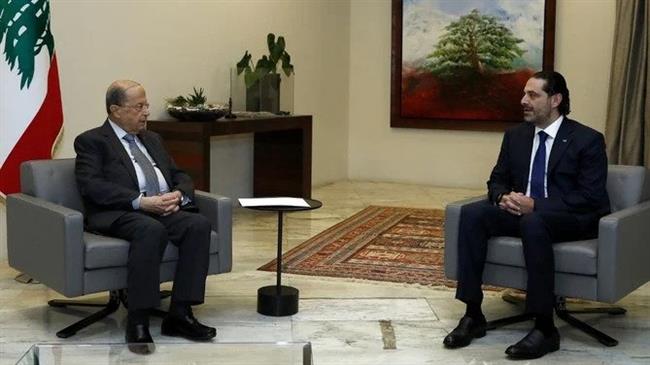
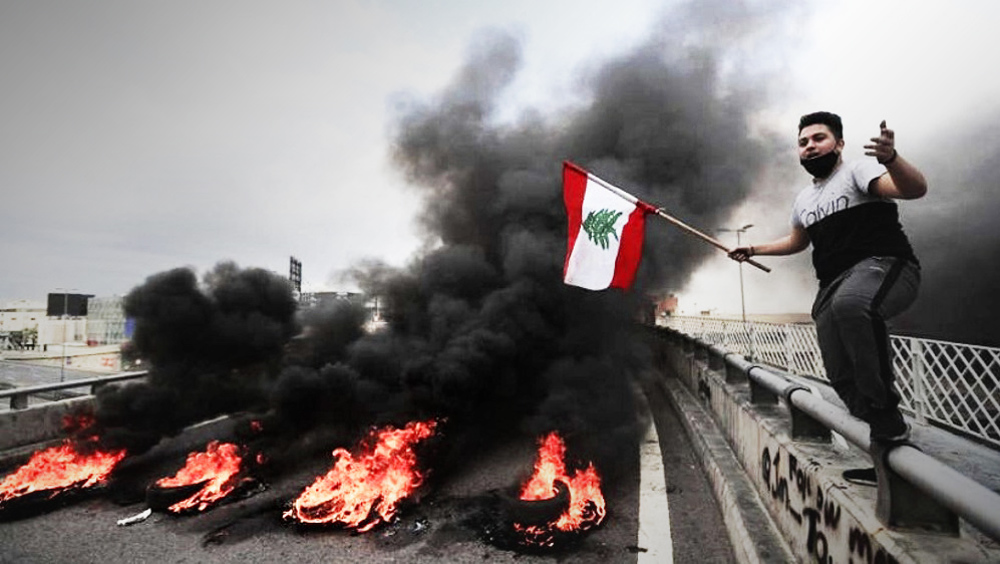

 This makes it easy to access the Press TV website
This makes it easy to access the Press TV website